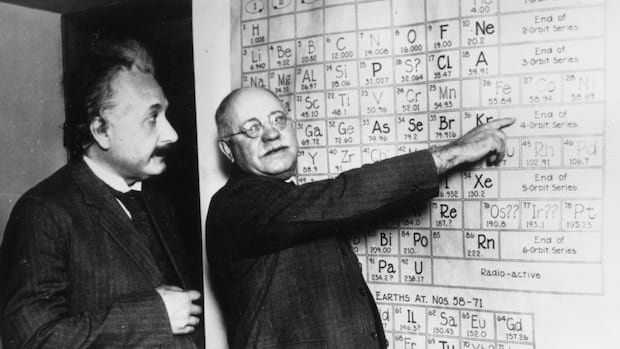Every year, the popular show Quirks & Quarks dedicates an episode to answering listener questions. While experts tackle many inquiries, some mysteries in science remain unsolved. Here are ten enigmas that continue to baffle scientists.
1. The composition of the universe is a puzzle. Only about five percent of the universe consists of visible matter like stars, planets, and galaxies. The remaining portion is composed of dark matter and dark energy, substances that remain elusive to scientists.
2. The question of extraterrestrial life persists. With billions of stars in our galaxy and countless planets orbiting them, the possibility of alien life is tantalizing. Yet, despite extensive search efforts, no concrete evidence of extraterrestrial life has been found.
3. The origin of life on Earth remains a mystery. While experiments like the Miller-Urey experiment have shed light on the formation of life’s building blocks, the transition from non-living to living matter remains unexplained.
4. The nature of consciousness baffles scientists. The workings of the human mind, including self-awareness, memory, and emotions, are poorly understood. The origin and extent of consciousness across different life forms are ongoing areas of study.
5. Inside black holes lies a realm of unknowns. The extreme gravitational forces within black holes defy our understanding of physics. The possibility of parallel universes or hidden dimensions within black holes adds to the intrigue.
6. The event that triggered the Big Bang and what existed before it are topics of speculation. The universe’s explosive expansion raises questions about its origin and potential cyclical nature. Experiments like those conducted at the Large Hadron Collider aim to unravel these mysteries.
7. The quest for a unifying theory of physics continues. While Einstein’s theories explain gravity on a cosmic scale and quantum theory governs the subatomic realm, bridging these theories remains a challenge. String theory and loop quantum gravity are attempts to develop a comprehensive theory of everything.
8. The feasibility of time travel intrigues many. While traveling into the future is theoretically possible through relativistic effects, traveling to the past poses numerous challenges. The complexities of time-space manipulation and the limitations of current technology hinder practical time travel.
9. Addressing the needs of a growing global population is a pressing issue. Balancing food production, water supply, and energy demands for an expanding population while preserving the environment poses significant challenges requiring interdisciplinary solutions.
10. The fate of the universe remains uncertain. Potential scenarios include a gradual cooling leading to a “big freeze” or a catastrophic end like the “big rip” or “big crunch.” The ultimate destiny of the universe remains a topic of speculation and scientific inquiry.
While these mysteries persist, ongoing research and technological advancements offer hope for unraveling the secrets of the cosmos.

